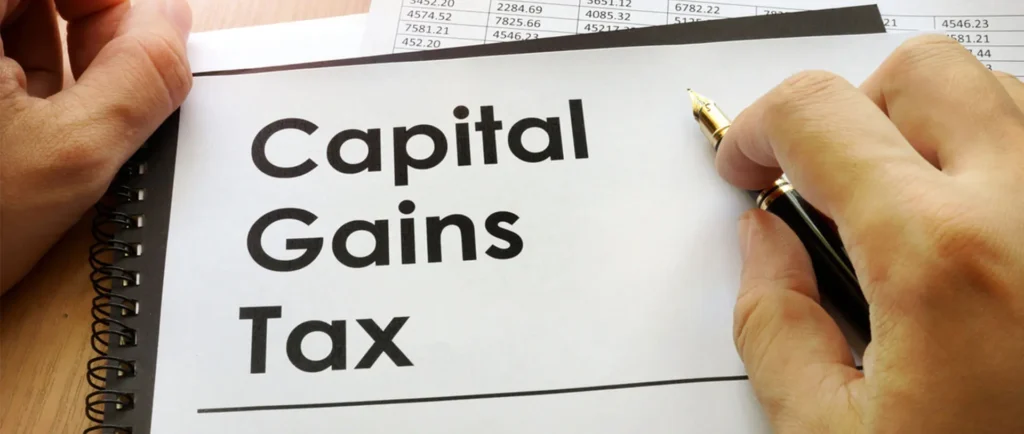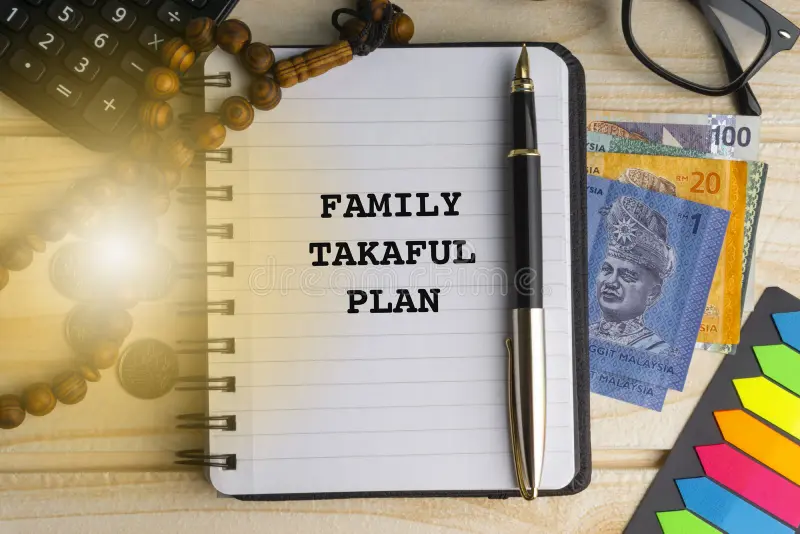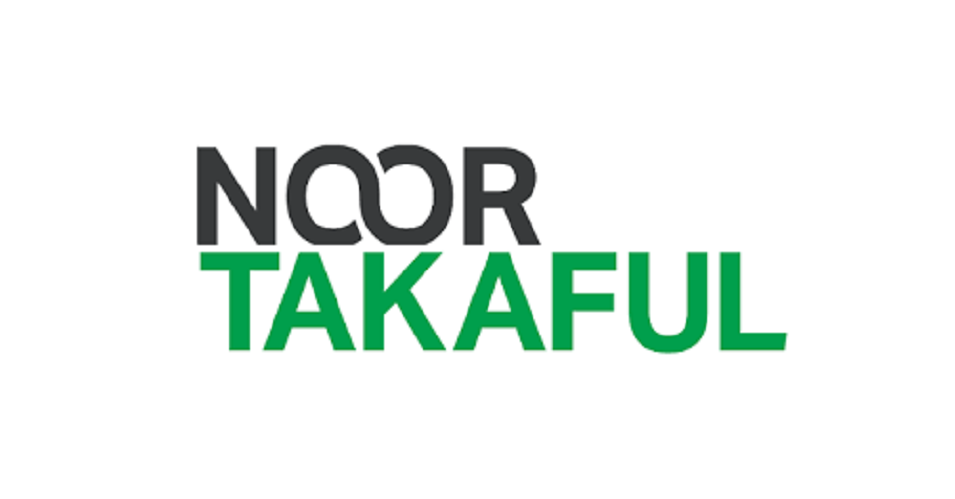Capital Gains Tax (CGT) in Nigeria is a tax charged on the gains derived from the sale of chargeable assets. Have you ever sold a property in Abuja for a nice profit, or cashed in on some stocks that did really well? That feeling is great. But then, a nagging question pops up: “Do I have to pay tax on this money?”
The answer is yes. CGT is calculated at 10% on the difference between sale proceeds and asset cost—not on the total amount you receive, just the profit portion.
Don’t worry, it’s not as complicated as it sounds. While some countries have increased Capital Gains Tax (CGT) rates from 10% to 30% or higher, Nigeria maintains a flat ten percent rate on capital gains. Importantly, capital gains are not subject to CIT (Companies Income Tax) but may be subject to CGT instead.
This comprehensive guide breaks down everything you need to know in simple, everyday language. You’ll learn exactly what CGT is, how to calculate the 10% charge, what assets are covered, and which profits are completely tax-free in 2025.
What Exactly is Capital Gains Tax (CGT) in Nigeria?
Capital Gains Tax (CGT) is a tax charged on the gains (capital gains) derived from the sale of chargeable assets at a rate of 10%. It’s not a tax on the total money you receive from a sale—only on the profit portion you make.
The main law governing this is the Capital Gains Tax Act (Cap C1 LFN 2004). It ensures that when you make money from the sale of valuable items, you contribute ten percent of your profit to the government.
What is a “Chargeable Asset” for capital gains tax in Nigeria?
A chargeable asset is any valuable property or investment you own, including:
- Land and Buildings (commercial or investment properties)
- Stocks and Shares in Nigerian and foreign companies
- Business Assets like machinery, equipment, and fixtures
- Jewellery, Art, and Other Valuables
- Goodwill of a Business
- Foreign Currency Holdings
If you sell any of these for more than you bought them, you’ve made a capital gain, and CGT applies at 10% on the difference between sale proceeds and asset cost.
How to Calculate Capital Gains Tax in Nigeria: Simple 4-Step Formula
The government keeps the CGT calculation straightforward. The rate for Capital Gains Tax in Nigeria is a flat 10% of your chargeable gain, not 30% or higher rates found in some other countries.
Here’s the simple, four-step process to calculate your CGT:
Step 1: Find Your Sales Proceeds
This is the total amount of money you received from selling the asset.
Step 2: Add Up Your Allowable Expenses
This is the total cost of the asset, including the original price you paid plus any extra costs you spent to buy, improve, or sell it.
Examples of allowable expenses:
- The original purchase price of the asset
- Cost of improvements or renovations (e.g., adding a new roof to a building)
- Professional fees paid to lawyers, surveyors, or estate agents
- Advertising costs to find a buyer
- Transfer and registration fees
Step 3: Calculate Your Chargeable Gain (Your Profit)
This is the key step. Simply subtract your total allowable expenses from your sales proceeds.
Formula: Sales Proceeds – Total Allowable Expenses = Chargeable Gain
Step 4: Calculate the 10% CGT Due
Now, you calculate ten percent of your chargeable gain.
Formula: Chargeable Gain × 10% = CGT to be Paid
Real-Life CGT Calculation Example
Imagine Mrs. Adebayo bought a piece of land in Port Harcourt in 2018 for ₦15 million. In 2025, she sold it for ₦40 million. She paid an estate agent a ₦2 million fee for the sale.
Let’s calculate her CGT:
- Sales Proceeds: ₦40,000,000
- Allowable Expenses: ₦15,000,000 (original cost) + ₦2,000,000 (agent fee) = ₦17,000,000
- Chargeable Gain: ₦40,000,000 – ₦17,000,000 = ₦23,000,000 (This is her profit)
- CGT to Pay: 10% of ₦23,000,000 = ₦2,300,000
So, Mrs. Adebayo would need to pay ₦2.3 million in Capital Gains Tax—a ten percent charge on her actual profit.
Which Assets Attract Capital Gains Tax in Nigeria?
It’s important to know which of your assets are subject to the 10% CGT when you sell them. Remember, capital gains are not subject to CIT but may be subject to CGT instead. Here’s a clear list of the most common chargeable assets:
Land and Buildings: Any property you own that is not your main private residence is subject to CGT at 10%.
Stocks and Shares: This is crucial for investors. The Finance Act 2021 clarified that profits from selling shares of any Nigerian company are now taxable under CGT, not CIT.
Business Assets: This includes plant, machinery, fixtures, and fittings used for your trade or business.
Foreign Currency: If you hold foreign currency and exchange it for Naira at a profit, that gain attracts the 10% CGT.
Valuable Personal Items: This covers possessions like valuable art, antiques, and jewellery when sold for profit.
Capital Gains Tax Exemptions: Profits You Don’t Pay Tax On
Yes, the good news is that not every profit you make is subject to the 10% CGT charge. The Nigerian government has exempted several types of gains to encourage certain investments and provide relief.
You do not pay Capital Gains Tax on profits from:
Your Main Private Residence: If you sell the house you live in as your primary home, you’re exempt. Important condition: you can only claim this relief for one property.
Nigerian Government Securities: Profits from selling FGN Bonds, Treasury Bills, and other government securities are completely tax-free.
Life Insurance Policies: Any money you receive from a life insurance policy is not subject to CGT or any other tax.
Assets Transferred After Death: If you inherit an asset, its transfer to you is not taxed. CGT only applies when you decide to sell it later.
Compensation for Injury: Money received as compensation for any wrongdoing or injury you suffered is not taxable.
Charitable Organizations: Registered non-profit, charitable, or educational institutions are exempt from CGT on assets they sell.
Reinvested Share Proceeds: Special rule for shares—if you sell shares in a Nigerian company and use the entire proceeds to buy new shares in the same or another Nigerian company within 12 months, the gain is exempt from the 10% CGT.
Frequently Asked Questions About Capital Gains Tax in Nigeria
Is there Capital Gains Tax on property sales in Nigeria?
Yes. You pay 10% on the profit (capital gain) you make from selling a property, unless it is your main private residence, which is exempt.
Who is responsible for paying Capital Gains Tax?
The person or company that sold the asset and made the gain is responsible for paying the 10% CGT to the relevant tax authority.
When is CGT due in Nigeria?
You should declare the transaction and pay the tax to the relevant authority (FIRS for companies, State IRS for individuals) in the year you sold the asset. The authorities will issue an assessment, and you typically have two months to pay.
What is the penalty for not paying CGT?
The penalties can be severe. FIRS can charge a penalty of 10% of the unpaid tax plus interest on the amount due. It’s always better to comply with the ten percent CGT requirement.
Are capital gains subject to the Companies Income Tax?
No. Capital gains are not subject to CIT but may be subject to CGT instead, which is charged at 10% on the difference between sale proceeds and asset cost.
How to File and Pay Your Capital Gains Tax in Nigeria
Staying compliant with the 10% CGT requirement is straightforward:
Keep All Records: Always keep documents that prove the original cost of the asset and any expenses related to its sale. This includes receipts, invoices, and legal agreements to calculate the accurate difference between sale proceeds and asset cost.
Calculate Your Gain: Use the formula described above to determine your chargeable gain and the 10% tax you owe.
Visit the Right Tax Office:
- For Individuals: File and pay to your State’s Internal Revenue Service (e.g., LIRS for Lagos residents)
- For Companies: File and pay to the Federal Inland Revenue Service (FIRS)
Get Professional Advice: For large or complex sales, speak with a tax consultant or financial advisor. They can ensure you claim all allowable expenses and comply correctly with CGT regulations.
Your Next Steps for CGT Compliance in 2025
Understanding Capital Gains Tax in Nigeria puts you in control of your finances. CGT is a tax charged on the gains derived from the sale of chargeable assets at a manageable ten percent rate—not the increased Capital Gains Tax rates from 10% to 30% seen in some other jurisdictions.
Here’s your takeaway:
- It’s a flat 10% tax on the profit from selling capital assets
- Calculation is simple: (Sale Price) – (Total Costs) = Profit, then apply 10%
- Remember: capital gains are not subject to CIT but may be subject to CGT
- Know your exemptions, especially for your main home and government bonds
- The ten percent rate remains unchanged in 2025
- Always file on time to avoid penalties
By keeping good records and understanding that CGT is 10% on the difference between sale proceeds and asset cost, you can manage your assets wisely and meet your tax obligations without stress.








